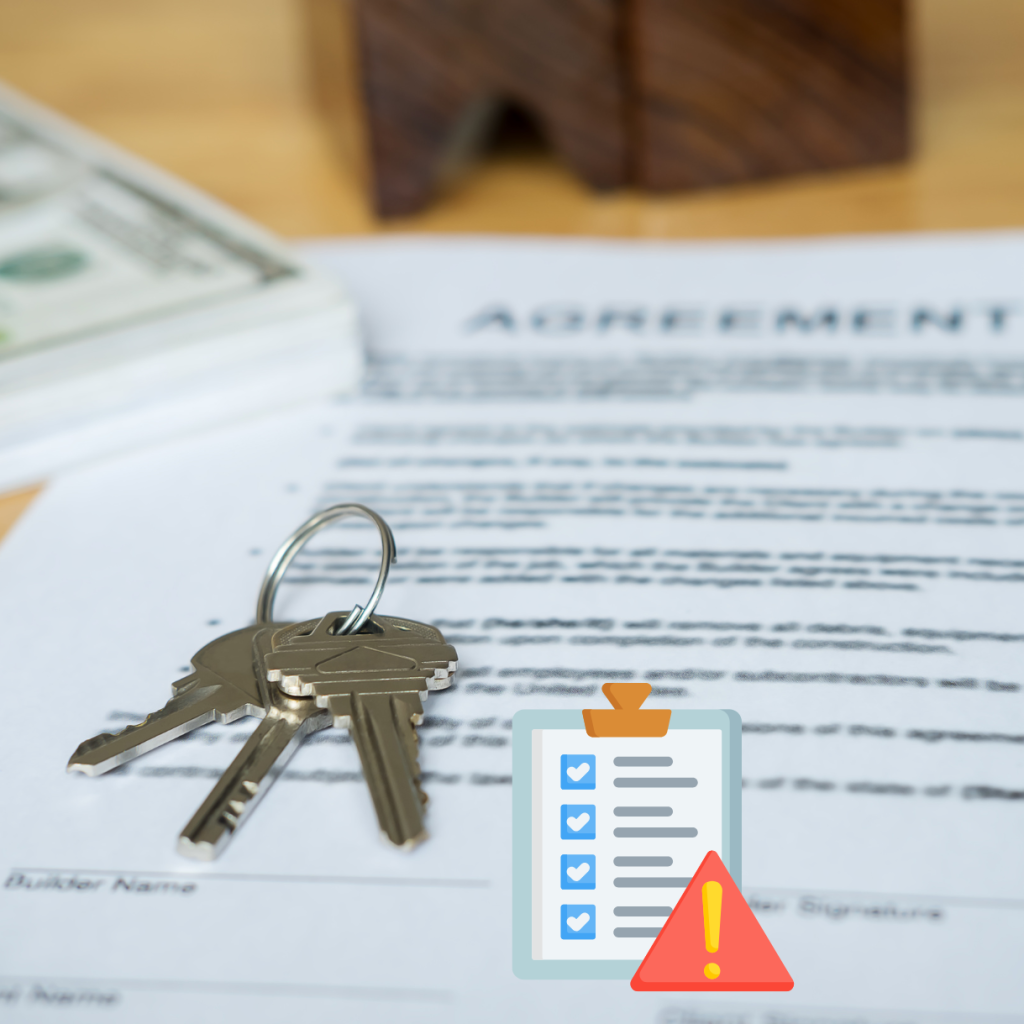In this post, we talk about what contingent means when buying a home for your family. House hunting with your family can be both thrilling and exhausting.
You find a listing that checks all your boxes, great schools, a quiet neighborhood, the perfect kitchen, only to see a little word that changes everything: “Contingent.”

What Contingent Means When Buying A Home For Your Family
So, what does that mean for you? Should you move on? Wait it out? Put in an offer anyway?
Let’s break down exactly what “contingent” means in real estate, how it differs from “pending,” and what your family should consider when a dream home is caught in contingency limbo.
Understanding the Basics: Contingent vs Pending
When a property is listed as contingent, it means the seller has accepted an offer, but the sale is conditional. Certain criteria (contingencies) must be met before the sale can go through.
Think of it like a pause button—there’s interest, but it’s not a done deal. A pending status, on the other hand, means all contingencies have been resolved. It’s almost out the door.
What Is a Contingency Clause?
Contingency clauses are safeguards. They’re the buyer’s way of saying, “I’ll go through with this purchase if certain conditions are met.”
According to Max Real Estate Exposure, around 90% of U.S. home transactions include contingencies. That means it’s more common than not.
These clauses can delay or derail a deal, but they’re also a crucial protection—especially for families making one of the biggest financial decisions of their lives.
Most Common Types of Contingencies
Let’s look at the top contingency clauses you’re likely to run into:
1. Financing Contingency
If a buyer can’t secure a mortgage, this clause lets them walk away without penalty. According to OwnUp, about 70% of real estate contracts include this contingency.
2. Inspection Contingency
The home must pass an inspection. If major issues are found (e.g., foundation damage, mold), buyers can back out or request repairs. Over 80% of contracts include this clause, per Max Real Estate Exposure.
3. Appraisal Contingency
This ensures the home is valued at or above the purchase price. If it’s not, the buyer can renegotiate or exit the deal.
Other Possible Contingencies
- Title Contingency: Confirms there are no legal claims or liens on the property.
- Home Sale Contingency: Let a buyer sell their current home before completing the purchase.
- Earnest Money Protection: Typically 1% to 2% of the home’s price, this deposit can be reclaimed if contingencies aren’t met (OwnUp).
Why Sellers Accept Contingent Offers
Sometimes, sellers accept contingent offers because it’s the best they can get at the time. But they’re also hoping all goes smoothly so they can move on.
According to Redfin, in competitive markets, sellers may even encourage buyers to waive some contingencies to strengthen their offers. But that comes with risk.
In fact, NAR reports that while 27% of buyers waived inspections in July 2021, that number dropped to 19% by December. Similarly, waiving appraisal dropped from 29% to 21%. Buyers are becoming more cautious.
How Often Do Contingent Offers Fall Through?
While most contingent offers do close, not all do. Studies from iBuyer show that 4–5% of contingent offers don’t make it to closing. The most common reasons?
- Financing fails
- Appraisal issues
- Problems uncovered in the inspection
Also worth noting: in 2022, 7% of total real estate contracts were terminated.
5 Tips for Families Navigating Contingent Listings
So what should you do when that dream home has a “contingent” status?
1. Don’t Give Up Too Quickly
Just because it’s contingent doesn’t mean it’s gone. Ask your agent to put you on a backup list. If the first deal falls through, you’re next in line.
2. Know Your Numbers
Get pre-approved and understand your property budget before making any offers. This gives you more confidence and leverage.
3. Time Your Offer Smartly
If the deal starts to look shaky, the listing agent might hint at accepting a backup offer. Be ready to act quickly.
4. Don’t Waive Contingencies Lightly
Yes, it might help your offer stand out. But if you skip the inspection and the roof needs $20,000 in repairs? That dream home could become a nightmare.
5. Talk to Your Agent About Risks
A seasoned agent will help you evaluate the status, communicate with the seller’s agent, and advise whether it’s worth pursuing.
Be Patient, Be Prepared
Finding the right home for your family is rarely a straight path. Contingent properties can feel like roadblocks, but often, they’re just detours. Understanding the lingo, knowing your rights, and staying ready can make all the difference.
In a market where prices continue to rise (median sales hit $358,000 in December 2021 per NAR), knowledge is your most powerful tool.
So, is that perfect place contingent? Don’t panic. Get informed. Stay ready. Your dream home might still be within reach!
PIN IT!


Leave a Reply